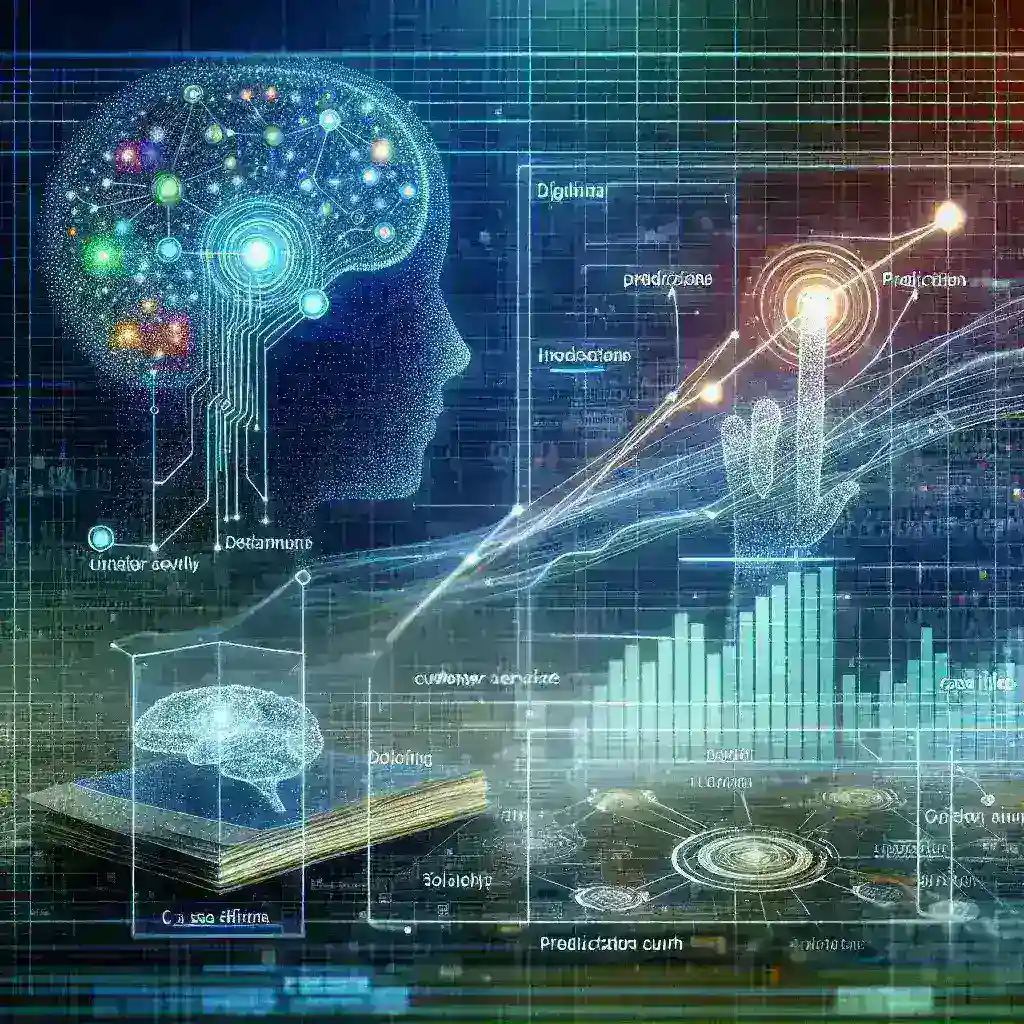
Zendesk AI Expands to Case Resolution Predictions
Introduction
In the rapidly evolving landscape of customer service, Artificial Intelligence (AI) has become a cornerstone for organizations striving to enhance operational efficiency and customer satisfaction. One of the latest advancements in this field comes from Zendesk, a leader in customer service solutions, which has recently expanded its AI capabilities to include case resolution predictions. This innovative feature aims to revolutionize the way businesses handle customer inquiries and resolve issues.
The Evolution of Zendesk AI
Zendesk has been at the forefront of customer service technology for over a decade. Originally founded in 2007, the platform has developed a robust suite of tools that help businesses manage customer interactions across various channels. The introduction of AI into its offerings marks a significant milestone in Zendesk’s journey.
Historical Context
The integration of AI into customer service is not a new concept, but it has gained momentum in recent years. Companies are increasingly leveraging AI to analyze customer data, predict outcomes, and automate responses. Zendesk’s decision to enhance its AI capabilities aligns with this trend, providing businesses with tools to anticipate customer needs and improve service delivery.
How Zendesk AI’s Case Resolution Predictions Work
The new case resolution prediction feature uses machine learning algorithms to analyze past customer interactions, identify patterns, and predict the likely outcomes of current cases. This predictive capability allows support teams to prioritize cases based on their complexity and potential resolution time.
Key Features
- Data-Driven Insights: The AI analyzes historical data from similar cases to provide insights that help agents make informed decisions.
- Prioritization of Cases: By predicting which cases are likely to take longer to resolve, teams can allocate resources more effectively.
- Enhanced Customer Experience: Faster resolutions lead to improved customer satisfaction and loyalty.
Benefits of Implementing Case Resolution Predictions
The introduction of case resolution predictions presents numerous advantages for organizations using Zendesk:
1. Increased Efficiency
With the ability to predict case complexity, support teams can focus their efforts on high-priority cases, reducing response times and optimizing resource allocation.
2. Proactive Support
By anticipating potential issues before they escalate, businesses can address customer concerns proactively, leading to a more positive customer experience.
3. Improved Agent Performance
Agents equipped with predictive insights can make better decisions, enhancing their performance and reducing burnout from handling overwhelming workloads.
Real-World Applications
Several companies have successfully adopted Zendesk AI’s case resolution predictions, showcasing its effectiveness:
Example 1: E-Commerce Retailer
An online retail company implemented the new feature to manage customer inquiries about shipping delays. By analyzing historical data, the AI predicted which cases were likely to require additional follow-up, allowing the support team to address these concerns promptly. As a result, the retailer saw a 25% reduction in resolution times.
Example 2: Telecommunications Provider
A leading telecommunications provider utilized Zendesk AI’s capabilities to streamline customer support for service outages. The predictive analytics allowed the team to prioritize cases based on severity and customer impact, leading to a significant improvement in customer satisfaction scores.
Challenges and Considerations
While the benefits of AI-driven case resolution predictions are substantial, organizations must also be aware of potential challenges:
Data Quality
The effectiveness of the predictions relies heavily on the quality of historical data. Inaccurate or incomplete data can lead to erroneous predictions, potentially harming customer service outcomes.
Change Management
Integrating AI into existing workflows requires a cultural shift within organizations. Teams must be trained to embrace new technologies and adapt their processes accordingly.
Future Predictions for Zendesk AI
Looking ahead, the potential for Zendesk AI to further innovate in the realm of case resolution predictions is vast. As machine learning continues to evolve, we can anticipate:
1. Enhanced Learning Algorithms
Future iterations of the AI will likely incorporate even more sophisticated algorithms that can learn from a broader range of data sources, including customer feedback and sentiment analysis.
2. Greater Personalization
As AI becomes more adept at understanding individual customer preferences, support interactions may become increasingly personalized, improving overall satisfaction.
3. Integration with Other Technologies
Zendesk AI may also integrate seamlessly with other emerging technologies such as chatbots and voice recognition systems, providing a holistic customer service solution.
Conclusion
The expansion of Zendesk AI into case resolution predictions marks a significant step forward in the evolution of customer service technology. By leveraging predictive analytics, organizations can optimize their support processes, leading to faster resolutions and happier customers. As AI continues to advance, it will be exciting to see how Zendesk and other platforms harness its power to redefine customer service in the years to come.
